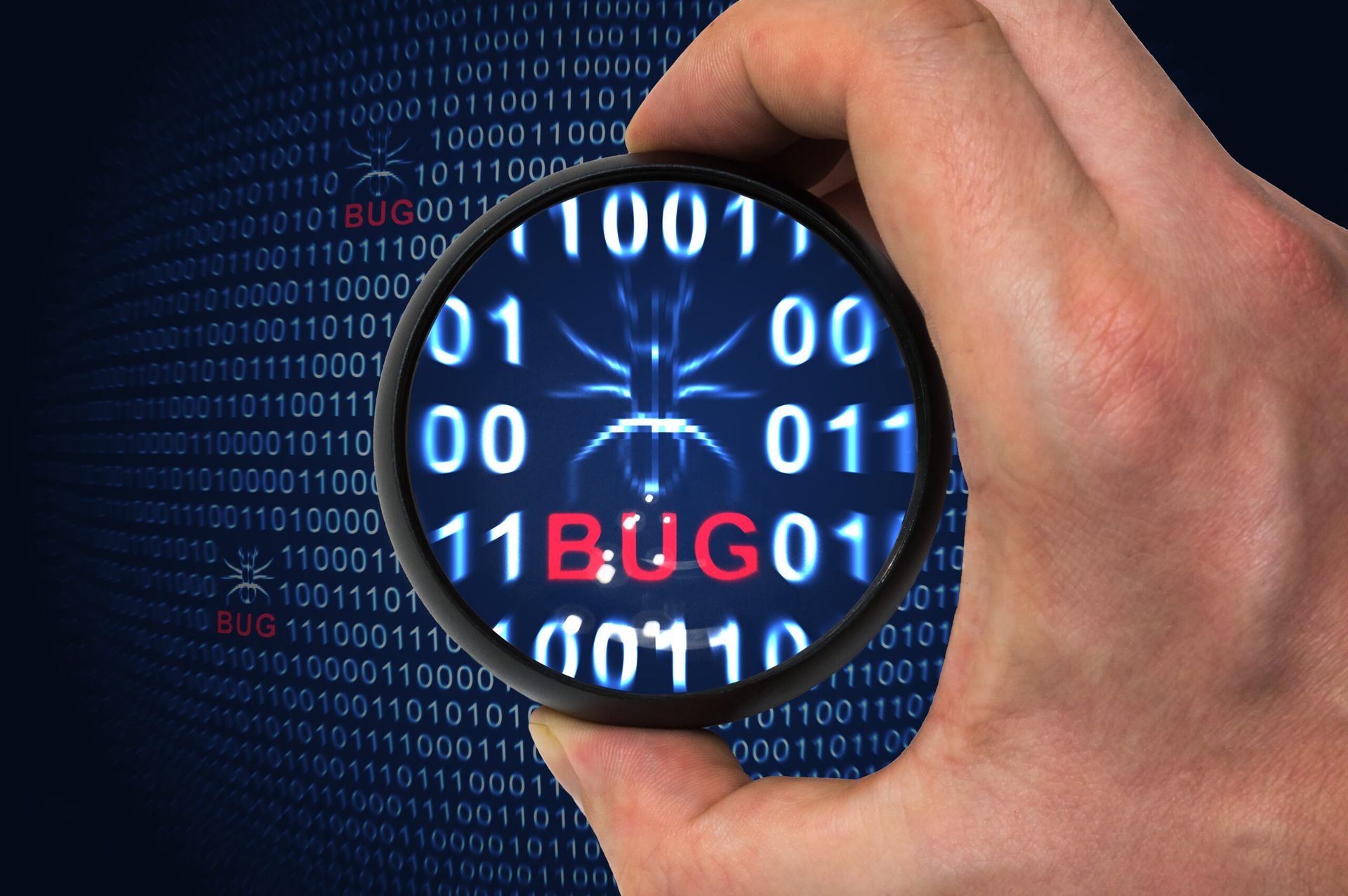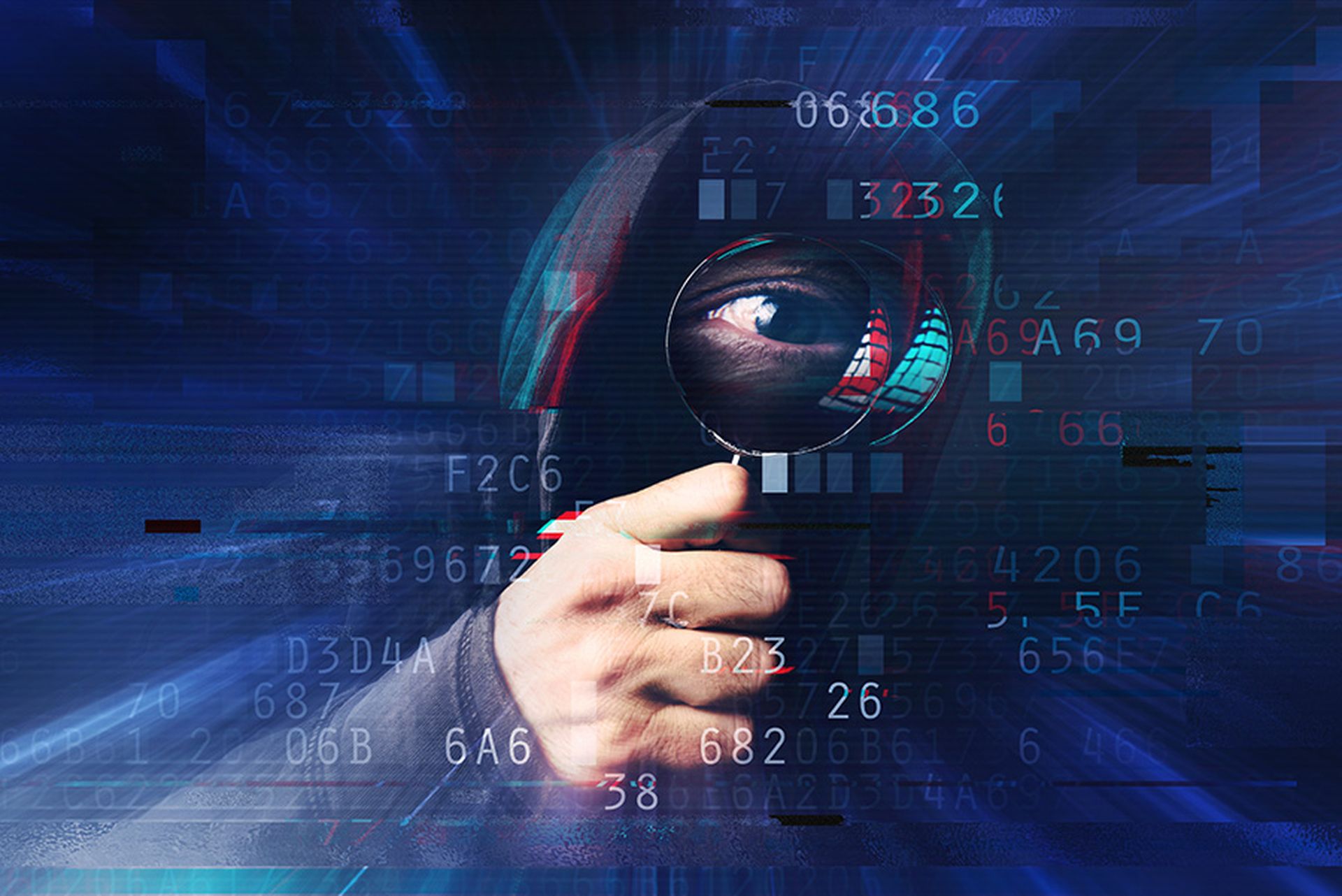Army National Guard troops historically have a wide range of duties ranging from helping communities recover from natural disasters to combat operations overseas, but for the first time one Guard unit is helping secure election sites from cyberattacks.
Maryland has also placed it's a Guard cyber specialty unit on alert for possible assistance, but so far Ohio is the only state to activate a unit to help.
In preparation for next Tuesday Ohio's Guard unit audited the state's computer system to ensure as much as possible that it cannot be hacked by outsiders looking to influence or alter election results. An Ohio National Guard spokeswoman, citing operational security needs, would not comment at all on what is taking place in regard to the unit's actions.
The fact that this is happening should come as no surprise. Army Cyber Command has been gearing for such an action for several years and just this summer when it reported its first cyber units were getting ready for deployment. As of June 2016 46 such units are fully manned and mission capable, while another 59 are in the process of gearing up for action.
The overall impact that Guard will have is probably questionable, primarily due to the wide variety of voting machines in use. As SC Media writer Larry Jaffee noted in a November 1 article, 43 states are using voting machines that are at least 10 years old, run on operating systems such as Windows CE, Windows XP, Windows 2000 (all of which Microsoft stopped supporting by 2014), Linux and others, and can't be updated with anti-virus patches. Only 60 percent of states require a post-election, paper-trail audit.
However, even if the soldier's impact is minimal this time around I think it's good to know that such resources are becoming available and with practice they will become more effective.
When I saw this story I couldn't help but think about how times have changed. When I joined the New York Army National Guard 31 years ago the job possibilities, known as Military Occupational Specialty or MOS, were pretty diverse, but all dealt strictly in the real world and not cyberspace. Which did not even exist as we now know it. And for someone like me and the unit I was joining, infantry, the options were even more limited and all included being handed a rifle.
However, the threats to our society are now so broad and complex that the modern day cyber Minutemen (and women) not only have to know how to handle a weapon, but fend off cyberattacks.



